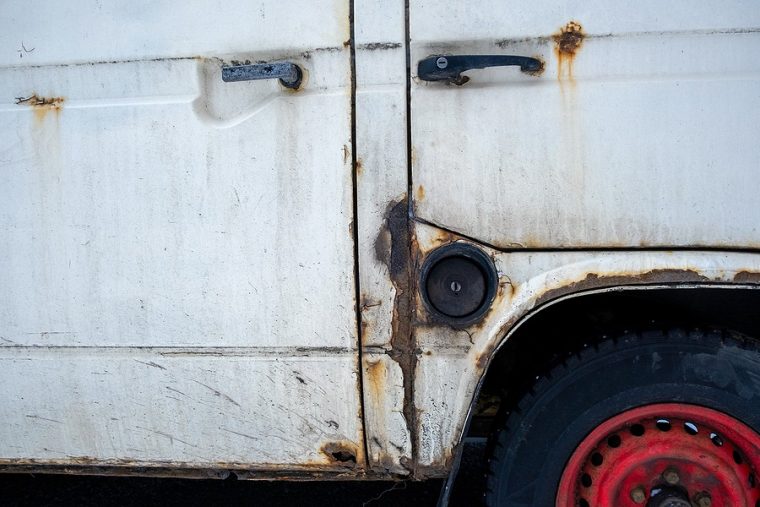The average mileage on a van, or a light commercial vehicle to give it its technically accurate name, is generally higher than that for a passenger car.
According to the most recent set of statistics from the Central Statistics Office (CSO) the annual average van mileage in Ireland is currently running at 22,121km per year. That compares to 16,352km for a private car.
Actually, the only vehicles with higher annual mileages than vans are taxis and other public service vehicles, which can rack up as many as 39,000km each year.

Of course, the average van mileage is different to the average private car mileage. It’s all but certain that a van will be driven and used harder than a car. Of course, vans are designed to do that — carrying heavy loads is their purpose in life after all — but in many cases vans will be ‘used and abused’ when driven by those who’s job is to use them for work, but who aren’t paying the maintenance bills.
This is the crucial point, really. Mileage is one aspect of a van’s life, and while it’s significant, it’s far from the only thing you should be looking at. From the CSO’s data we can work out that a three-year old van should have in and around 66,000km on the clock. Much higher than that, and your antennae might start to twitch a little, making you suspicious of hard use. Much lower than that and you might be equally suspicious that the odometer has been turned back…
However, looking at the bald figures hides a huge issue — what was the van actually being used for while racking up those kilometres? 66,000km of delivering flowers is, clearly, going to be an easier life for a van than 66,000km of hauling bathroom tiles around.

So, it’s important to look past the mileage and start looking more at condition and history. A van used by a city-to-city courier service might have astronomical mileage on the clock, for example, but those miles will largely have been done on motorways and main roads, travelling at a constant speed, and with little wear and tear to items such as the gearbox or the brakes. Equally, it’s unlikely to have carried any heavy or outsized-loads.
Conversely, a van used for local deliveries — such as by a major retailer like Amazon — might be in considerably worse condition even though it might have many fewer kilometres on the clock. Speed bumps and poor urban tarmac will have taken their toll on suspension and wheel bearings, while panel damage from manoeuvring in tight confines is not unusual.
Builders’ vans often come in for the worst abuse — consigned to a life of carrying heavy, mucky equipment onto rough and muddy building sites. It’s not to say that all builders abuse their vans, but it’s certainly a tough life to lead.
So, when you’re looking at buying a used van, check the mileage — of course — but also check for panel damage, for excessive or uneven tyre wear, for noisy suspension or a whining gearbox, and check the cab for any signs of damage or scuffing. Any or all of these can be symptomatic of a van that’s been used hard and cared for only little.
Above all make sure that the service history is up to date and has been carried out according to the manufacturers’ recommended timeframe. A solid, stamped service history is worth way more to you than a low number on the odometer.

There are some handy hints for quick checks of the condition of a used van too. Rust is a common issue for vans, especially where body panels have become dented or scraped. It can be easily disguised on the outside, but it’s harder for unscrupulous sellers to get inside the side and rear doors to cover up the rust there, so start poking around inside the door panels with a torch to get a better idea of the van’s overall condition.
It’s a good idea too to check the load bay floor for any signs of dents, scratches or bodged repairs — small nicks and scuffs are common, and shouldn’t cause too much concern but bigger dents can be a sign that the van has been overloaded in the past and may be carrying suspension damage. Highly uneven tyre wear from the front to the rear wheels is also a sign that excessive loads may have been regularly carried.
So yes, the average van mileage is an important figure to know. But, as with private cars, there’s far more important information lurking behind it. It's always best to get a history check before taking the plunge!